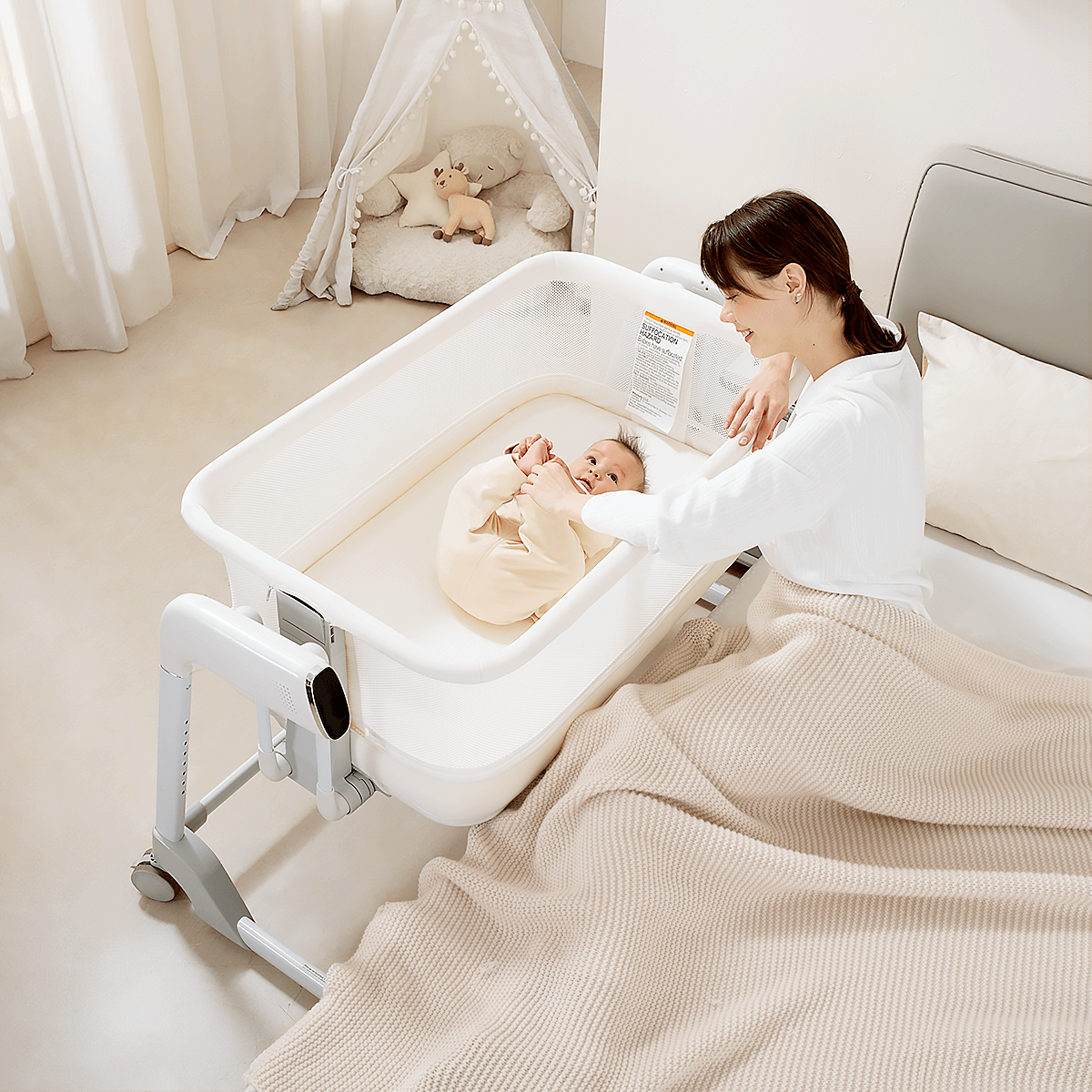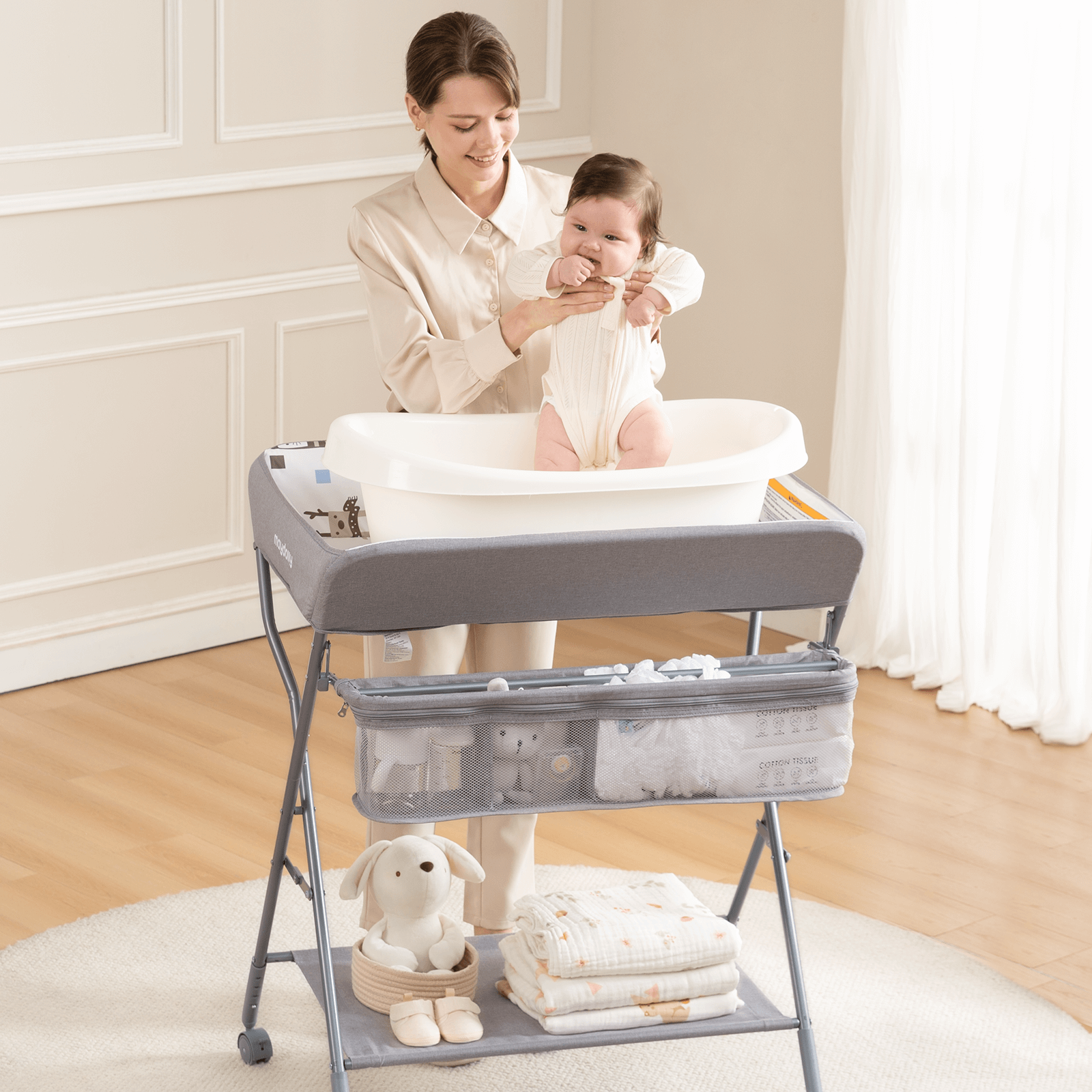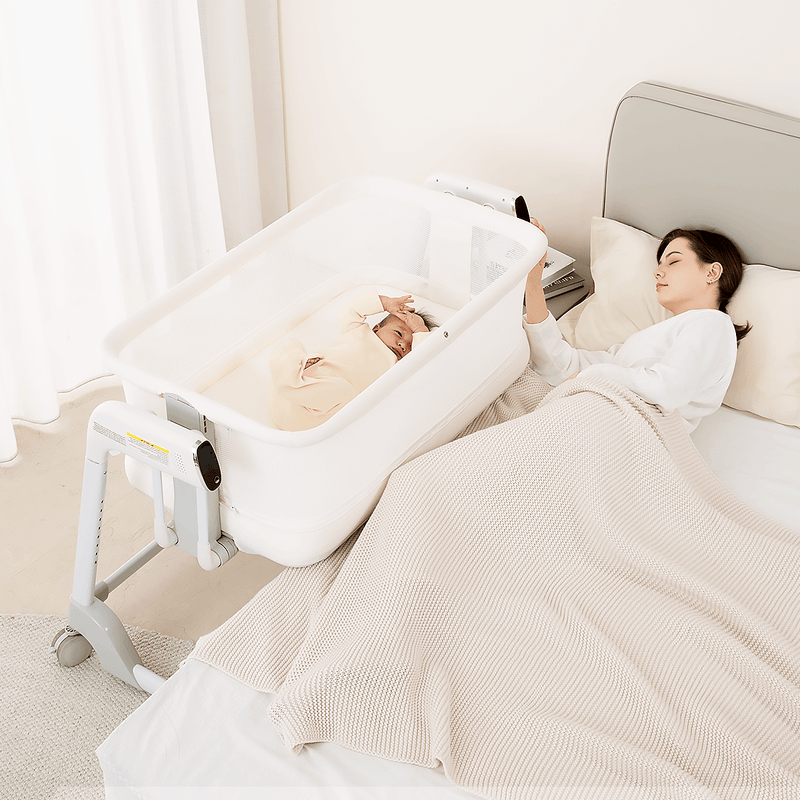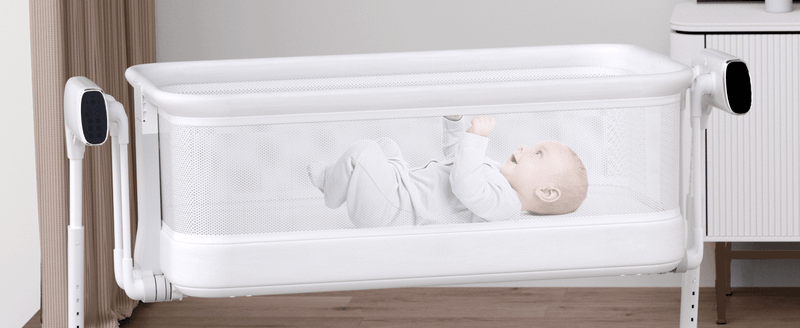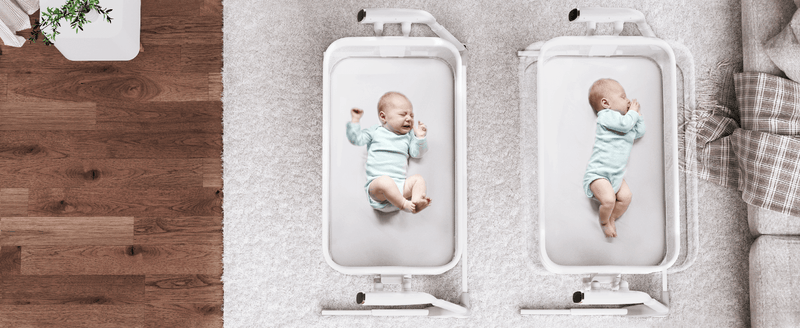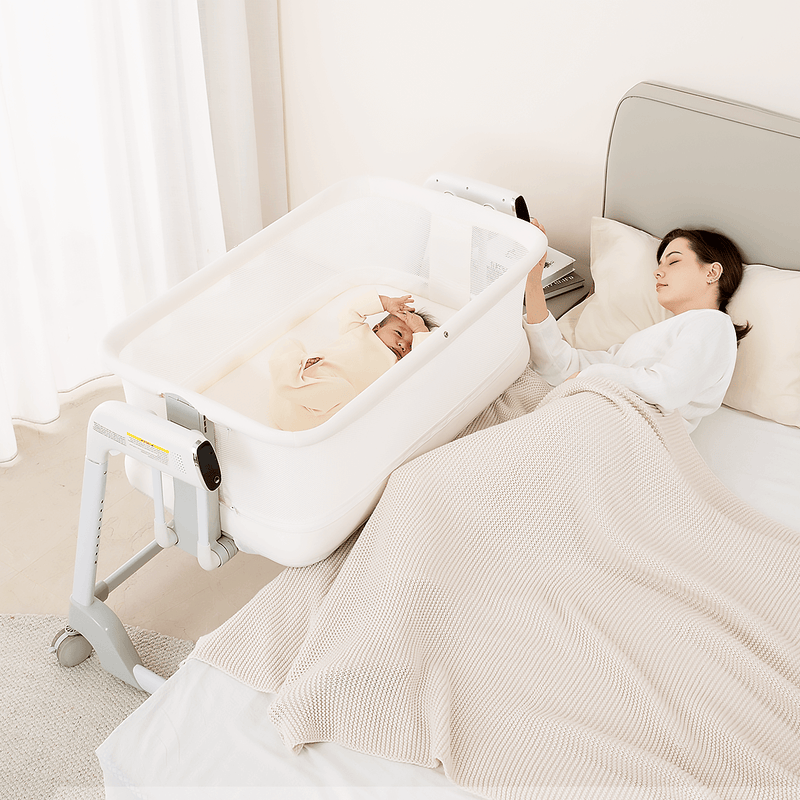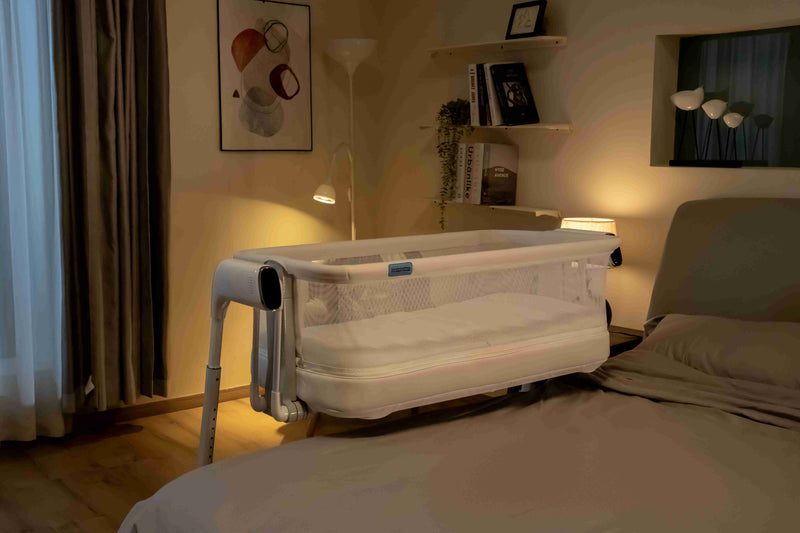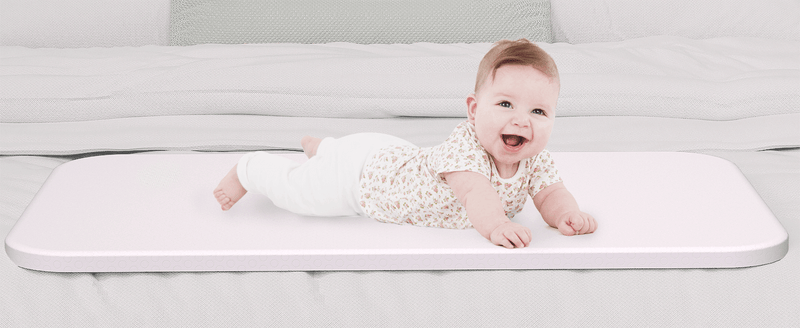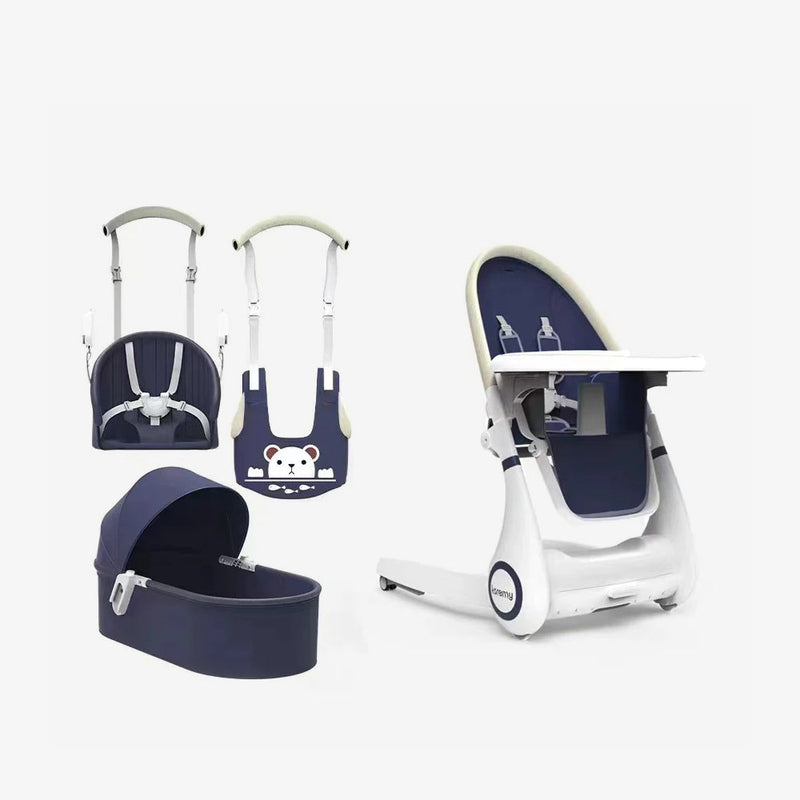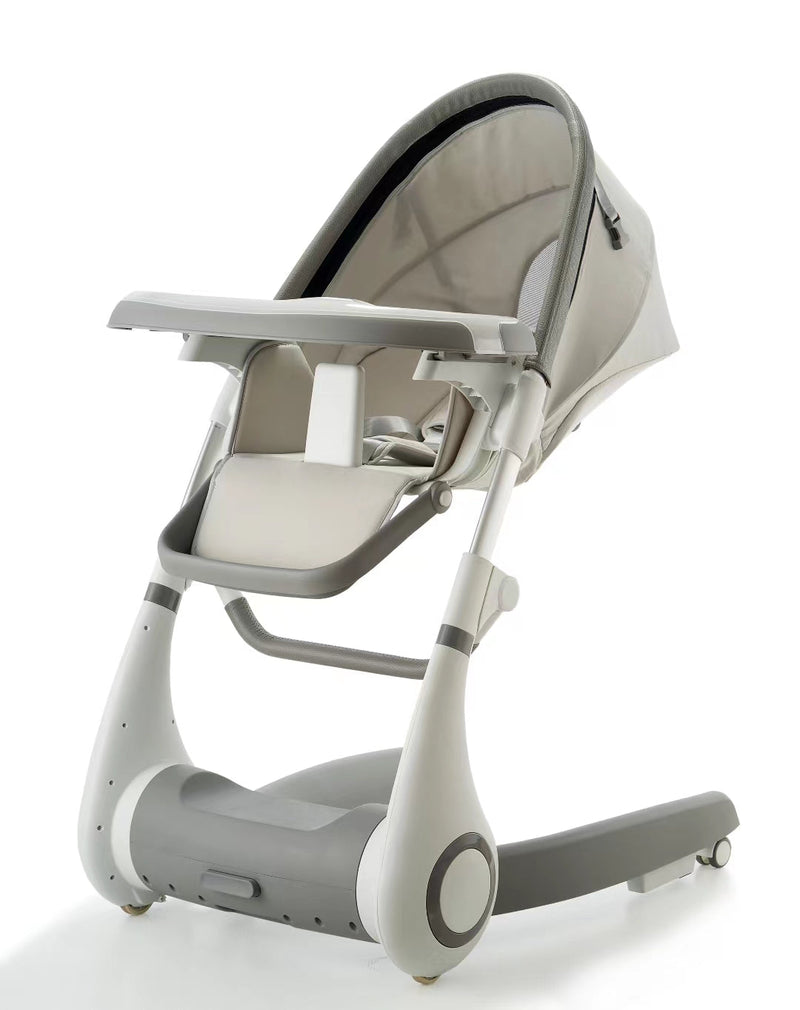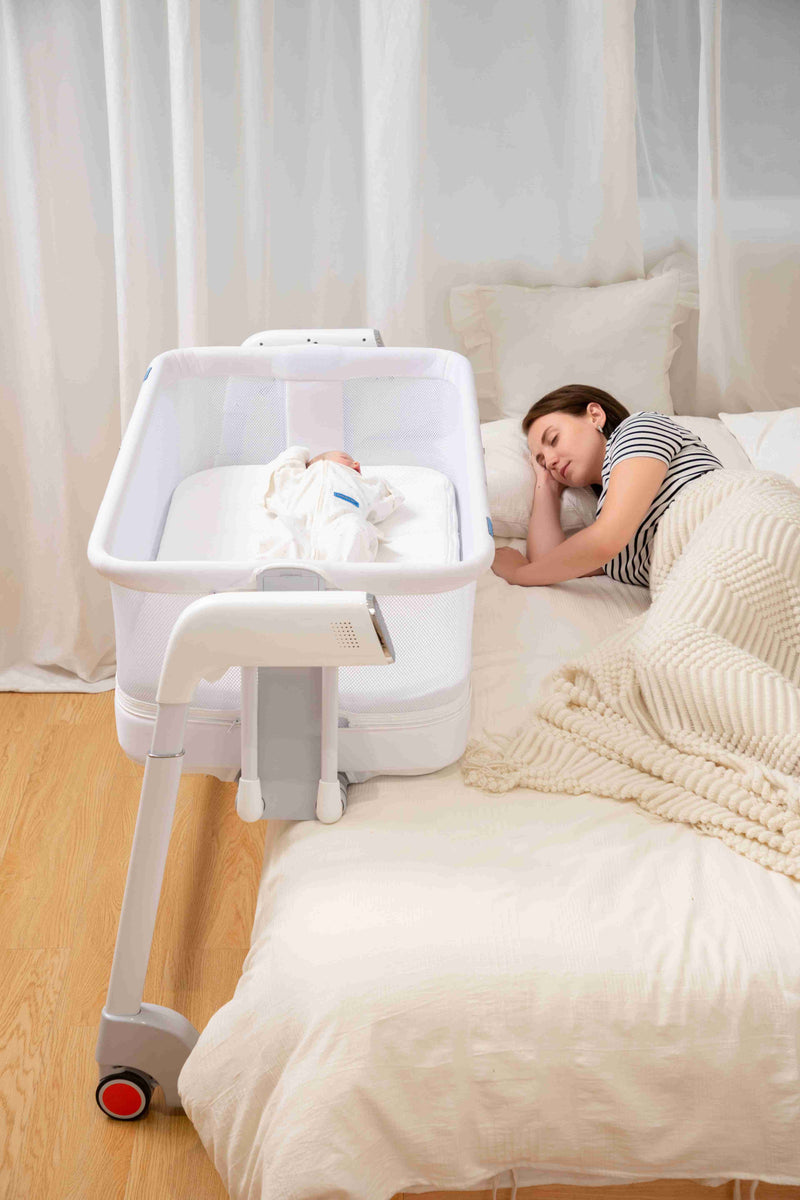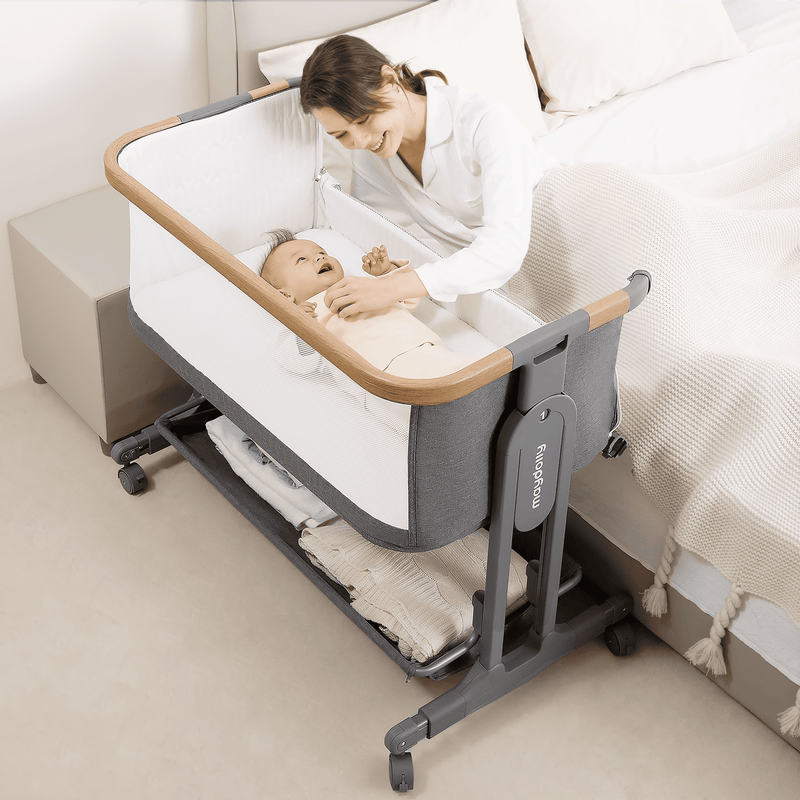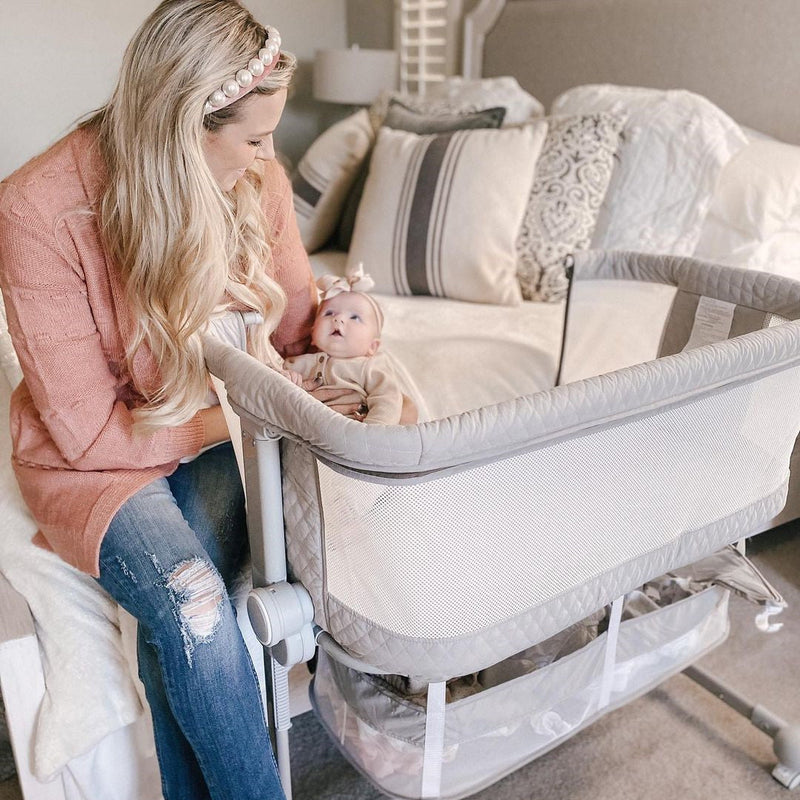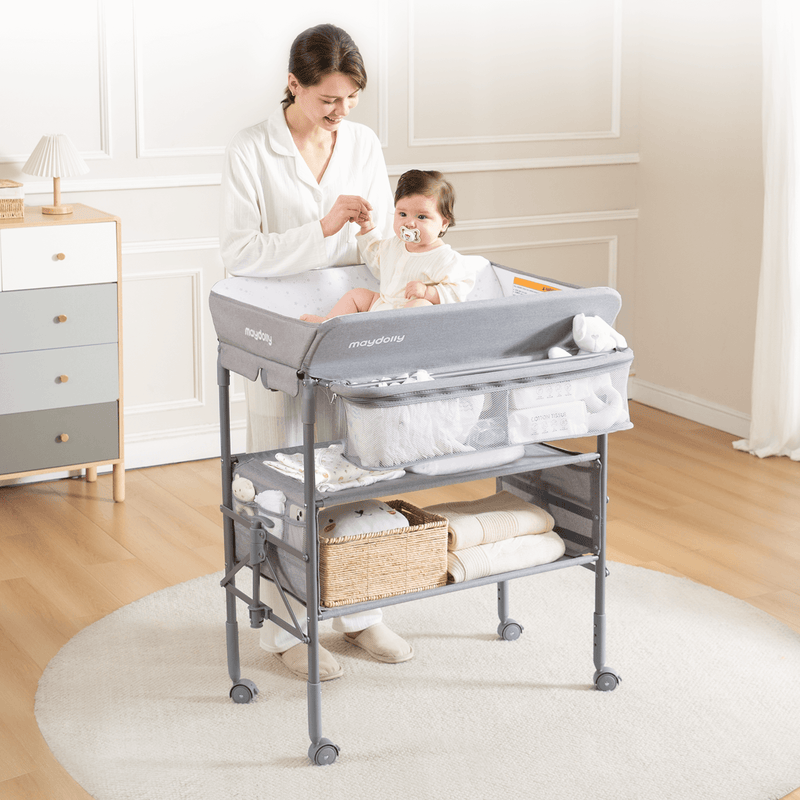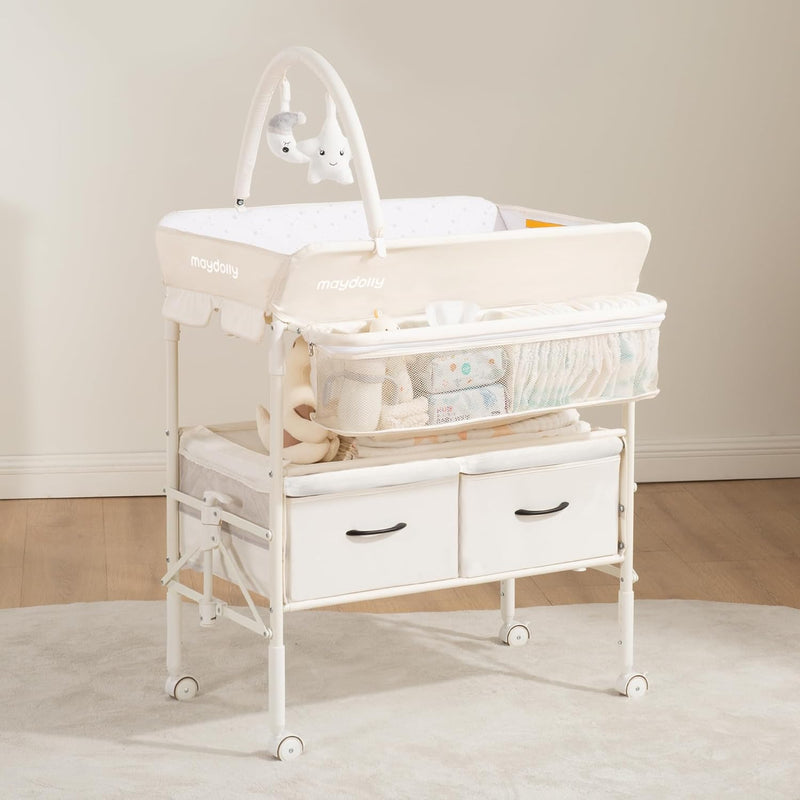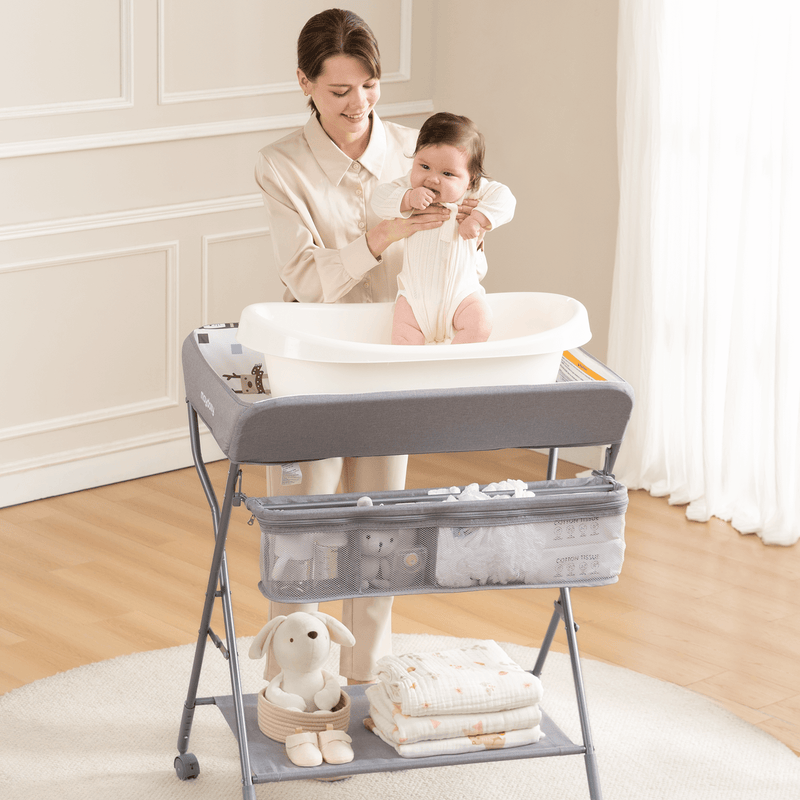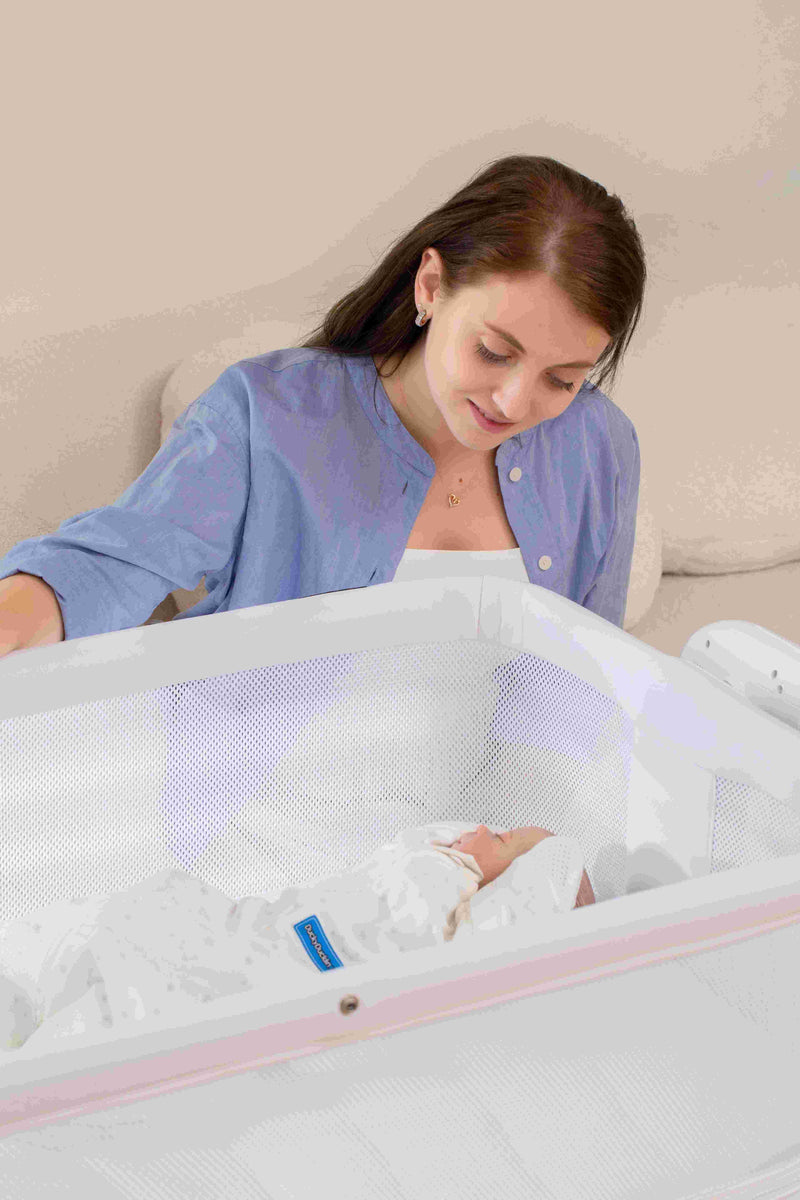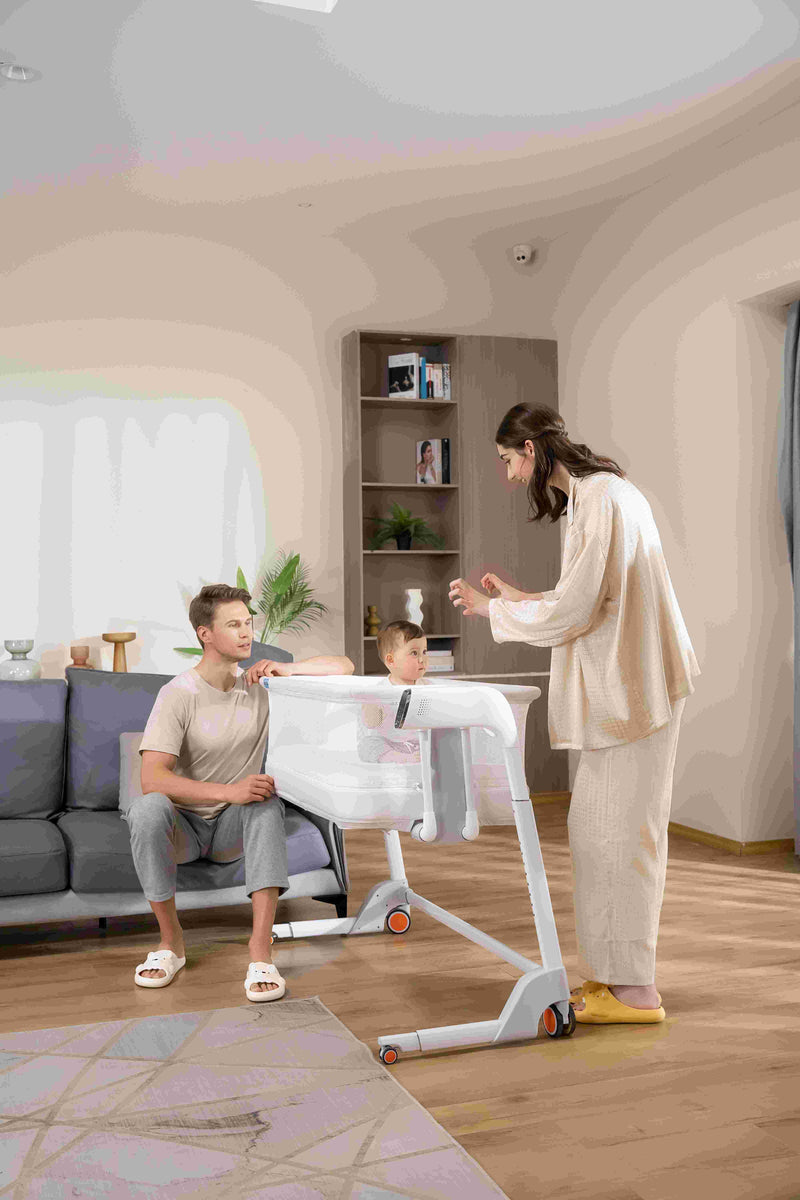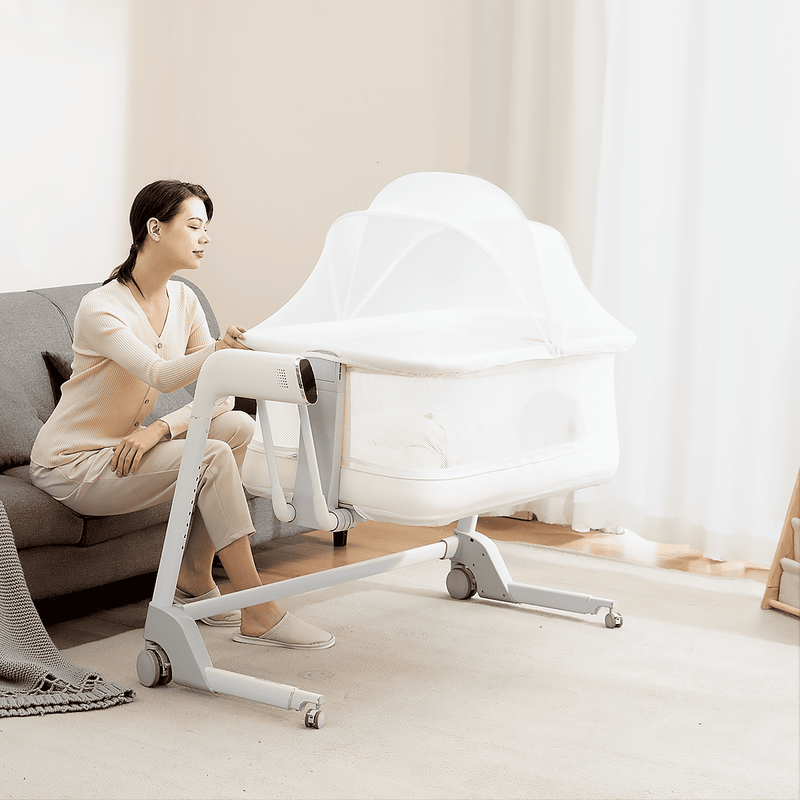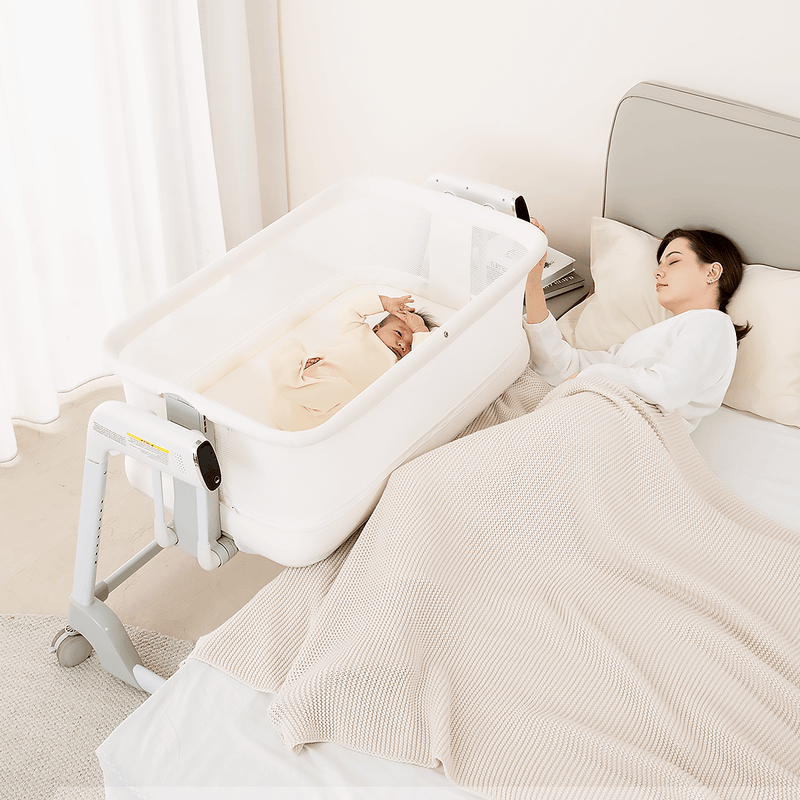Understanding Night Feeding for Newborns
Feeding your baby is one of the most essential (and exhausting) parts of early parenthood—especially at night. During the newborn stage, your baby’s tiny stomach can only hold small amounts of milk, so they need to eat frequently, even when everyone else is asleep.
But how often should you feed a newborn at night? Is it every two hours, or should you let your baby sleep longer stretches? Let’s break it down by age, feeding method, and developmental stage.
How Often Do Newborns Need to Eat?
Newborns typically need 8–12 feedings every 24 hours, which means feeding roughly every 2–3 hours, including nighttime.
General Rule of Thumb
| Baby’s Age | Average Feeding Frequency | Typical Night Pattern |
|---|---|---|
| 0–1 month | Every 2–3 hours (8–12 times/day) | Feed every 2–3 hours |
| 1–2 months | Every 3–4 hours | 2–3 night feeds |
| 3–4 months | Every 4 hours | 1–2 night feeds |
| 5–6 months | 1 or no night feed (depends on baby) | 0–1 night feed |
💡 Tip: Some babies cluster feed in the evening (feeding every hour or two) before sleeping longer stretches at night.
Breastfed vs. Formula-Fed Babies
Feeding frequency also depends on whether your baby is breastfed or formula-fed:
| Feeding Type | Frequency | Reason |
|---|---|---|
| Breastfed | Every 2–3 hours | Breast milk digests quickly |
| Formula-fed | Every 3–4 hours | Formula takes longer to digest |
💡 If your baby is breastfeeding, night feeds help maintain your milk supply—especially in the first 6–8 weeks.
Why Night Feeding Is So Important
Even though nighttime feedings can feel endless, they serve vital purposes:
-
Support growth and brain development – Babies double their birth weight by 5–6 months.
-
Prevent low blood sugar – Especially for newborns under 3 weeks old.
-
Maintain hydration – Frequent feeds keep your baby comfortable and healthy.
-
Bonding time – Night feeds offer quiet, intimate moments of connection.
Skipping feeds too early can affect both your baby’s growth and your milk supply.
Should You Wake Your Baby to Feed at Night?
During the first few weeks, yes—especially if your baby is underweight or hasn’t regained their birth weight.
You Should Wake Your Baby If:
✔ They haven’t fed for 3–4 hours (newborns under 1 month).
✔ They were premature or have feeding issues.
✔ They’re losing weight or not gaining as expected.
Once your baby shows consistent growth and your pediatrician gives the green light, you can allow them to sleep longer stretches at night.
💡 If you’re room-sharing, keeping a portable bassinet next to your bed makes night feedings easier without fully waking yourself up.
Recognizing Hunger Cues
Learning your baby’s early hunger cues helps you feed before they start crying.
Look for:
-
Rooting (turning head with open mouth)
-
Sucking on hands or fingers
-
Lip smacking
-
Light fussing or restlessness
Avoid waiting until:
-
Baby cries loudly (a late hunger cue)
-
Baby becomes too tired to feed properly

Night Feeding Tips for Exhausted Parents
1. Keep Lights Dim
Avoid bright lights that can confuse your baby’s internal clock. Use a small night light or the soft glow from your smart bassinet for feeding.
2. Prepare Supplies in Advance
Have everything ready before bedtime:
-
Burp cloths
-
Bottles or breast pump parts
-
Diapers and wipes on your foldable changing table
The less you have to search for, the faster you can get everyone back to sleep.
3. Feed, Burp, and Settle Back Down
Always burp your baby after each feed to prevent gas and discomfort (see How to Soothe Baby Gas and Colic).
After burping, place your baby back into a safe bassinet crib on their back.
4. Use Rhythmic Motion for Soothing
If your baby struggles to fall back asleep after feeding, gentle motion can help. Many parents find success with a smart bassinet that automatically rocks and plays white noise to mimic the womb’s rhythm.
5. Stay Comfortable
Have a supportive chair near the bed for feeding, and keep a water bottle within reach. Small comforts make long nights more manageable.
When Will My Baby Sleep Longer?
Most babies begin sleeping longer stretches between 3–6 months, though every child is different.
-
At 3 months: Many sleep 4–6 hours continuously.
-
At 6 months: Some can sleep through the night (6–8 hours).
-
Growth spurts or teething may temporarily disrupt patterns.
💡 Remember: “Sleeping through the night” doesn’t mean 12 hours—it usually means one 6–8-hour stretch without feeding.
Night Feeding Schedule Example
| Time | Activity | Tips |
|---|---|---|
| 10:00 PM | Last feed before bed | Dim light, quiet environment |
| 1:00 AM | Night feed #1 | Keep baby half-asleep during feeding |
| 4:00 AM | Night feed #2 | Burp and settle gently |
| 7:00 AM | Morning feed | Open curtains to reset day/night rhythm |
As your baby grows, you’ll notice feedings naturally stretch out—no need to force a schedule too soon.
How to Transition Away From Night Feeds
By around 6 months, many full-term babies can sleep longer without needing calories overnight. To wean night feedings safely:
-
Gradually reduce feeding duration or bottle ounces.
-
Add an extra feeding during the day.
-
Offer comfort without milk—gentle rocking or soothing words.
-
Use your smart bassinet’s gentle motion to help ease the adjustment.
Always confirm with your pediatrician before eliminating night feeds, especially for smaller or premature babies.
Parent Survival Tips for Night Feedings
✔ Keep snacks and water by your bed.
✔ Nap during your baby’s longest daytime nap.
✔ Share duties—if one parent feeds, the other can burp or change diapers.
✔ Track feeding times with an app or simple notebook.
✔ Stay patient—night feedings are temporary, but bonding lasts forever.
Key Takeaway
In the early months, night feedings are a vital part of your baby’s growth and bonding routine. Feed every 2–3 hours initially, then gradually extend intervals as your baby matures.
Create a calm environment, use a smart bassinet or portable crib for easy access, and remember that consistent care—not perfect schedules—is what builds healthy sleep habits for both parent and baby.

